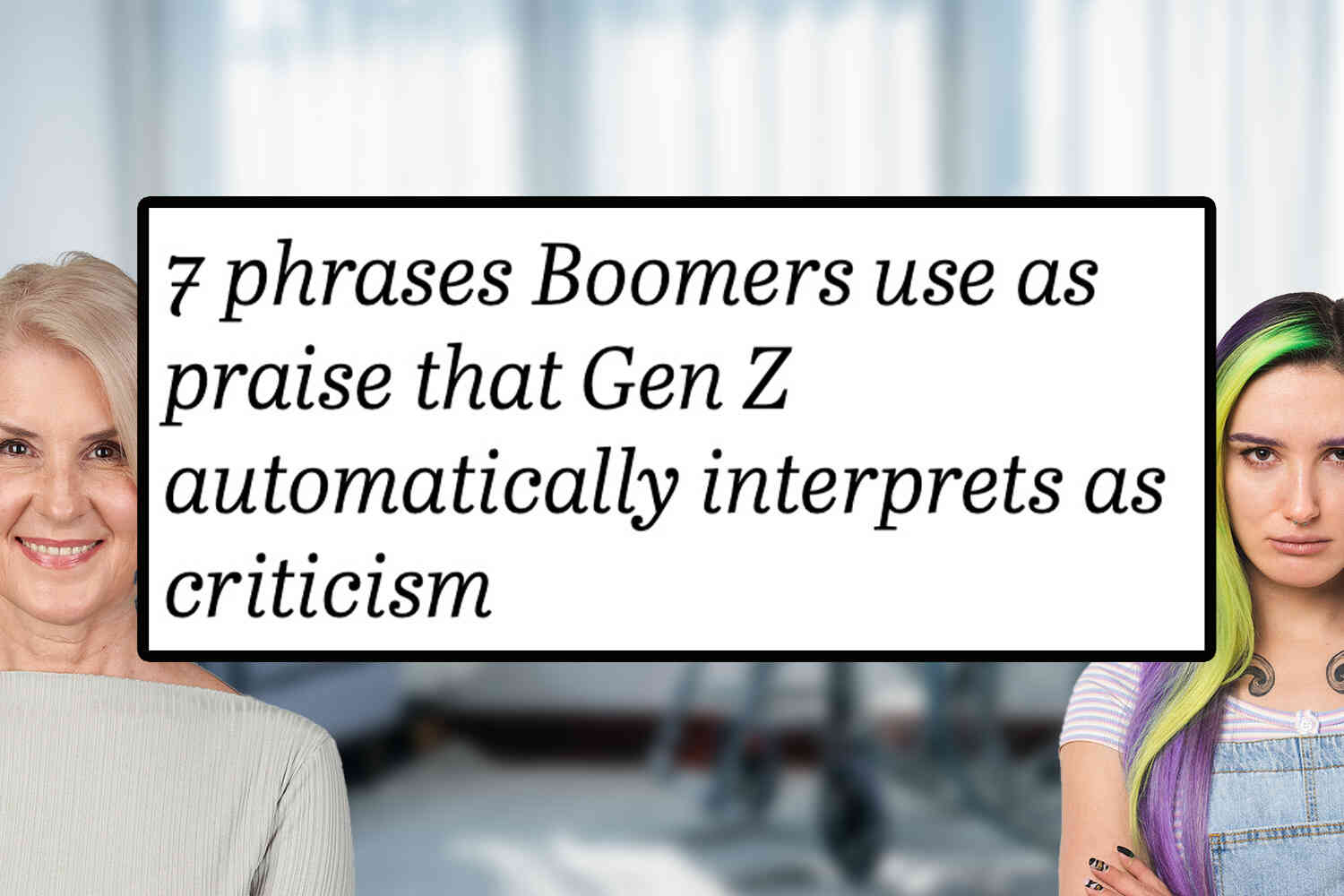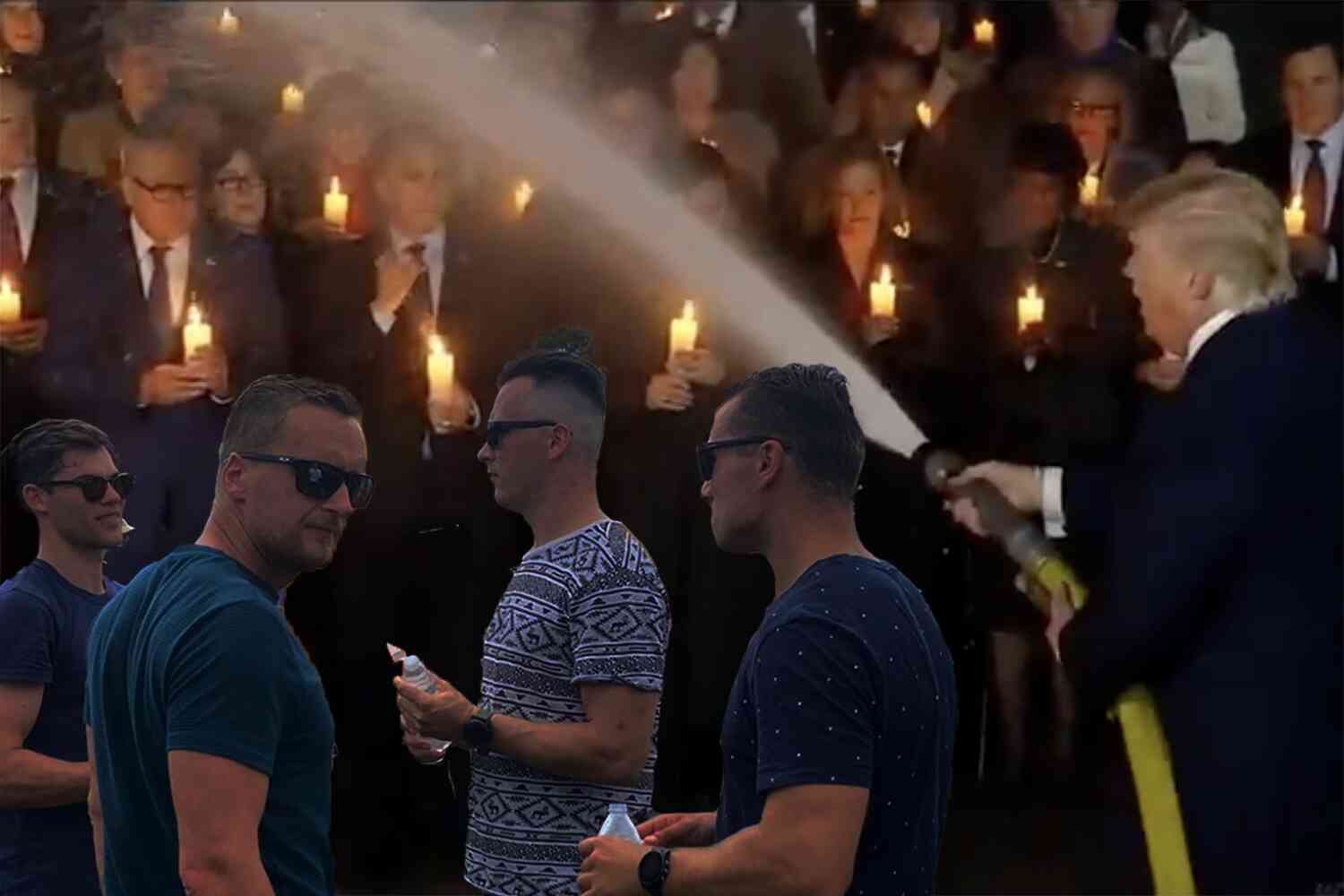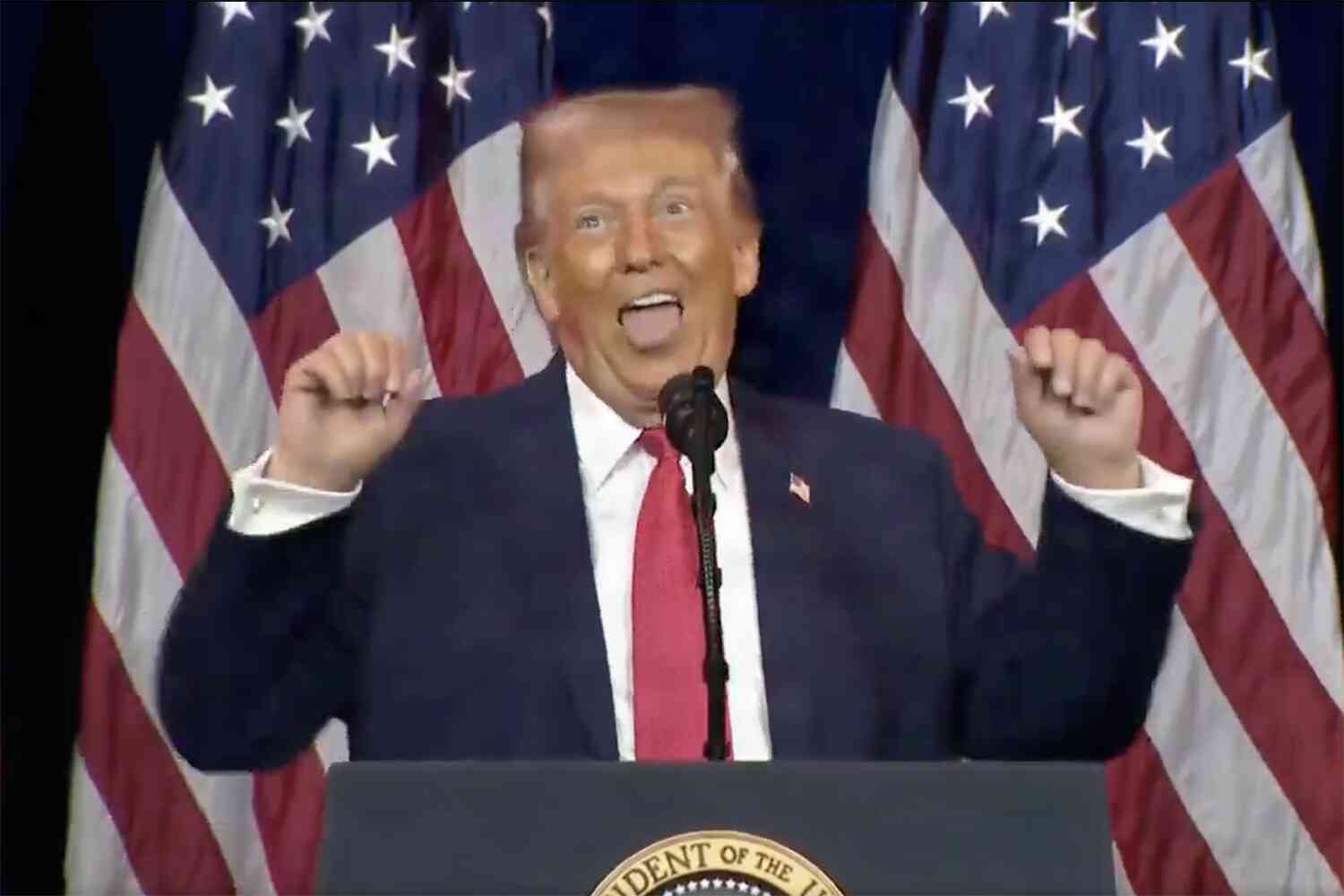Why did so many men support Trump?
Amelia Thomson-DeVeaux of FiveThirtyEight had a thought.
The disturbing notion of masculine men being masculine caught the attention of B-list actor and progressive activist Kumail Nanjiani who felt compelled to make the observation that "Traditional Masculinity is a disease."
"Traditional Masculinity" is a disease, and Kumail Nanjiani is the cure.
(Language warning at 0:17)
Nanjiani is at once an odd and obvious choice to take up the war against men. He did recently finish filming a Marvel movie in which he plays a ripped superhero in the upcoming "Eternals," which you would think would come under the category of "traditional masculinity."
(Side note, he's a Pakistani playing an Indian in a role that has traditionally been Japanese but I guess that kind of cultural appropriation is perfectly okay.)
Contrast that, with this.
For the record, beta males exist only because they live in a cocoon of safety created by alpha males. (And females, for that matter, behaving in a "traditionally masculine" way!)
And let's just say the multi-billion-dollar tech giants where they work were not created by the meek. You can make fun of their physical appearance and endless virtue signaling all you want, but you don't become a billionaire without being ruthless.
You tell me. Does this look like a guy who cares about your feelings?
The larger point is not that an actor has an opinion about this, because really who cares? The point is that he knew he could safely say such a thing.
Sure, he's getting all kinds of blowback from Trump supporters, but they weren't his audience. His audience is everyone else.
Particularly disturbing is the fact that he did not say "toxic" masculinity, a term that has been bandied about in recent years and at least was typically defined as a particularly "bad" kind of masculinity. To be sure, it was still a slur against the notion of being masculine. Being physically and emotionally abusive towards others is not "masculine," it's just wrong, and is hardly unique to men.
What he said instead was "traditional" masculinity. The bar has been moved, as it always is, and is seeping into the broader culture including the medical profession.
Just last year the American Psychological Association (APA) published new "Guidelines for the Psychological Practice with Boys and Men."
Stephanie Pappas, writing for the APA, described it thusly,
"Thirteen years in the making, they draw on more than 40 years of research showing that traditional masculinity is psychologically harmful and that socializing boys to suppress their emotions causes damage that echoes both inwardly and outwardly."
"Traditional masculinity."
This is from the American Psychological Association, people who have a great deal to say about what is and is not considered mental disorders.
It's telling, and more than a little entertaining, that she had to preface that statement with the obligatory apologies for the temerity to even address an issue at all associated with men (or worse, white men).
"At first blush, this may seem unnecessary. For decades, psychology focused on men (particularly white men), to the exclusion of all others. And men still dominate professionally and politically.
APA's new Guidelines for Psychological Practice With Boys and Men strive to recognize and address these problems in boys and men while remaining sensitive to the field's androcentric past."
"Terribly sorry about writing about men again, but hey, they're awful! Are we okay now?
Here is what the APA thinks of "traditional masculinity."
"Although there are differences in masculinity ideologies, there is a particular constellation of standards that have held sway over large segments of the population, including: anti-femininity, achievement, eschewal of the appearance of weakness, and adventure, risk, and violence. These have been collectively referred to as traditional masculinity ideology (Levant & Richmond, 2007). "
Got that?
Achievement.
Rejecting weakness.
Adventure.
Risk.
You know, pretty much everything you need to build a society in which we have the luxury to ponder "mental health" as opposed to pondering things like "nothing-to-eat health."
There was push back, of course. From Psychology Today writer Pamela B. Paresky Ph.D.:
"Psychologist Chris Ferguson, a member of the APA who reviewed the draft guidelines before they were finalized, warned the authors that they were portraying traditional men as 'nearly monstrous, their cultural values associated with everything from sexism to promiscuity to their own declining health (which essentially places blame on them, something we generally try to avoid with other groups).' He added, 'Probably the document's main weakness is that much of it, instead of reading as an actual practice guideline, tends to read as an invective against 'traditional' masculinity.'"
"Psychiatrist Sally Satel wrote in the Washington Post, 'when the APA encourages practitioners to engage in vaguely defined activities — 'address issues of privilege and power related to sexism' or 'help boys and men, and those who have contact with them become aware of how masculinity is defined in the context of their life circumstances' — it seems more focused on a political agenda than on the patient.'"
The APA made a statement on the matter, since deleted:
"It is the extreme stereotypical behaviors — not simply being male or a ‘traditional male' — that may result in negative outcomes. For example, people who believe that to be a "real man" is to get needs met through violence, dominance over others, or extreme restriction of emotions are at risk for poor physical, psychological, and social outcomes (e.g., increased risk for cardiovascular disease, social isolation, depression relationship distress, etc.)… When a man believes that he must be successful no matter who is harmed or his masculinity is expressed by being sexually abusive, disrespectful, and harmful to others, that man is conforming to the negative aspects associated with traditional masculinity. (Emphasis added.)"
To which Paresky responded:
"Clearly those aforementioned attitudes and behaviors are harmful, but why did the APA choose to define these negative behaviors as "traditional masculinity"? There is no diagnostic code for "traditional masculinity." Nor should there be. Psychologists already address abusive behavior in sessions—and are often legally mandated to report clients who are domestic or sexual abusers."
Kumail Nanjiani did not make his statement in a vacuum. He did not come up with the notion that "traditional masculinity is a disease" without first having been introduced to the notion by others. He is not the problem.
He's a symptom of more to come.
The "cure" for this? More of this.









